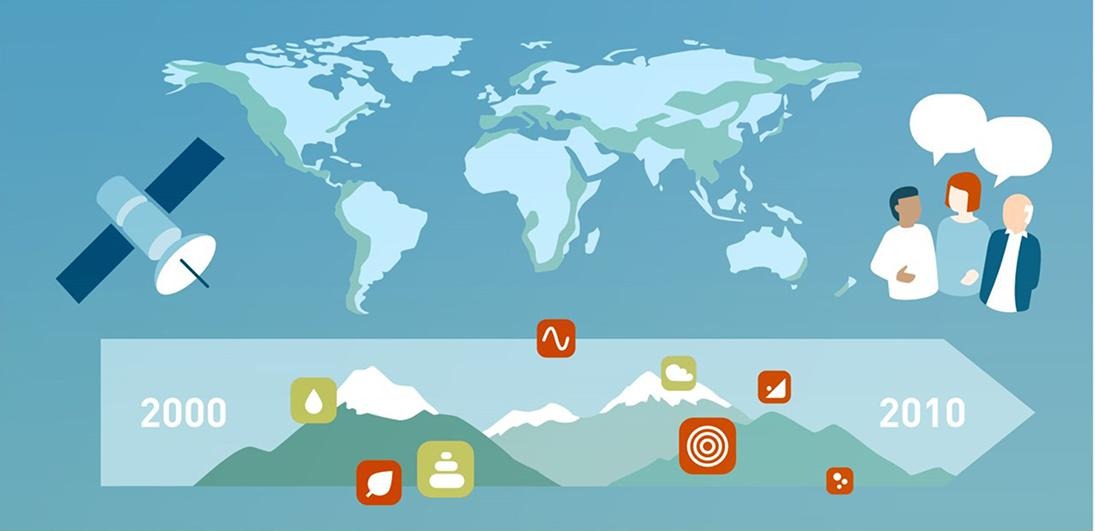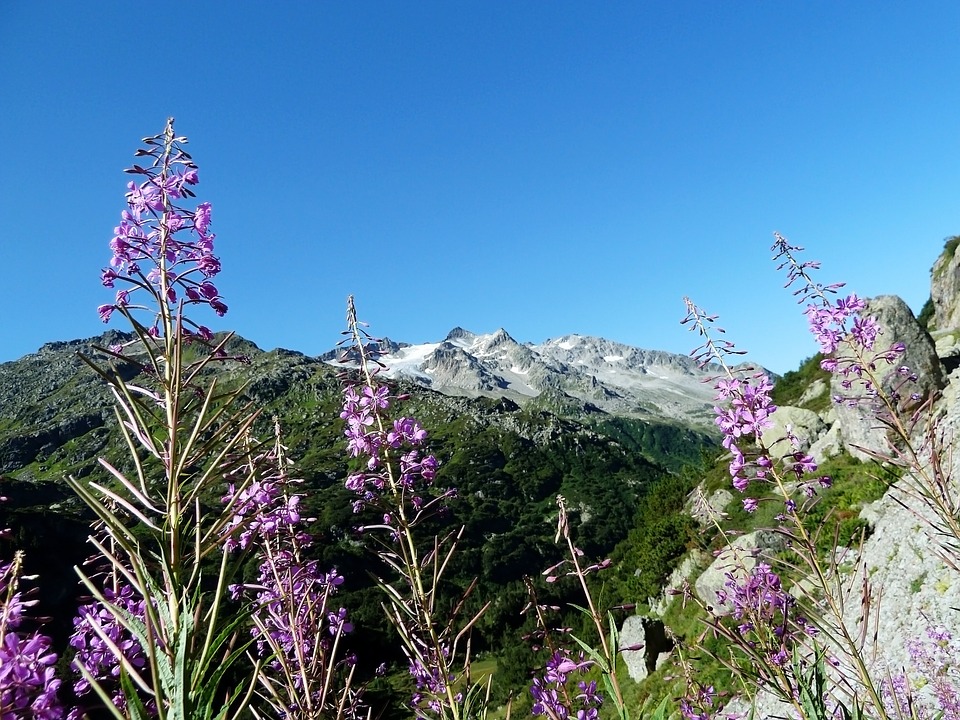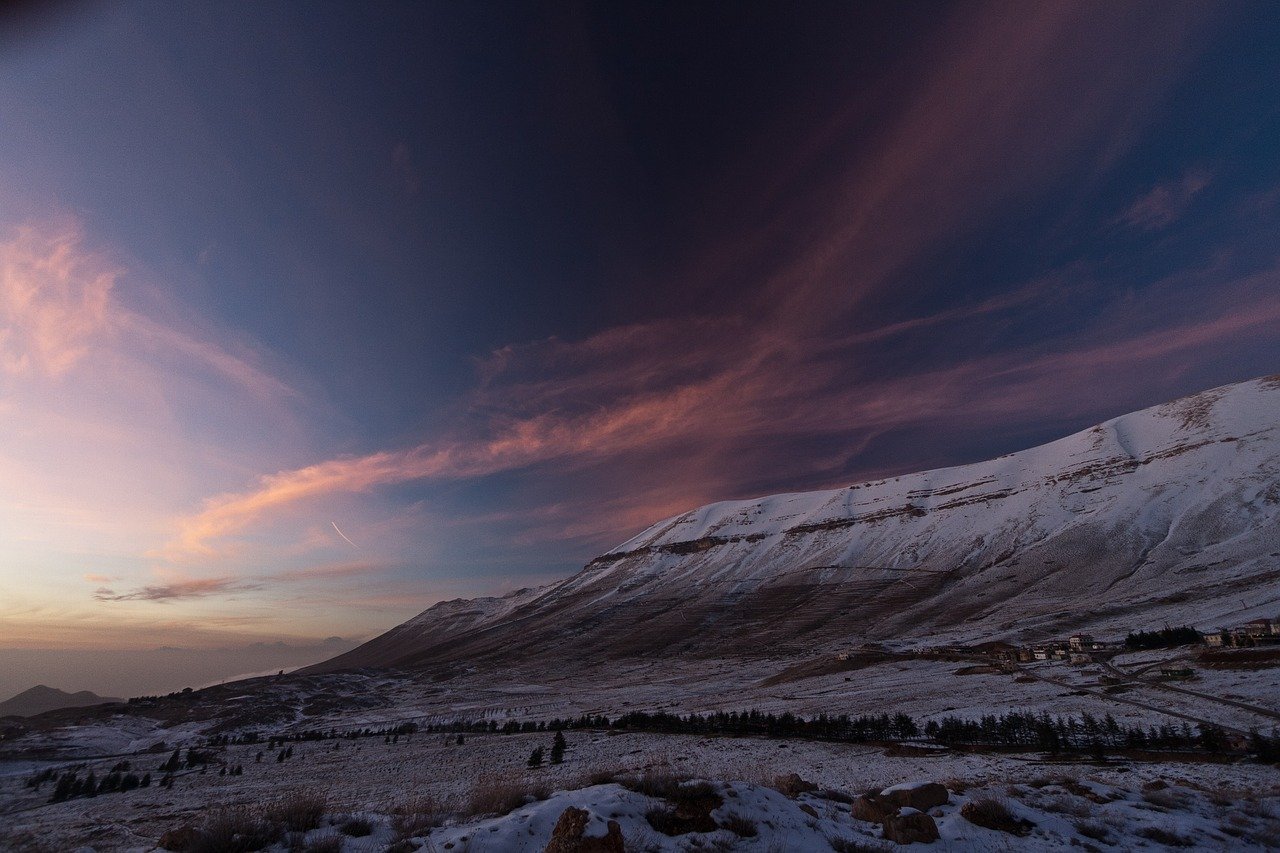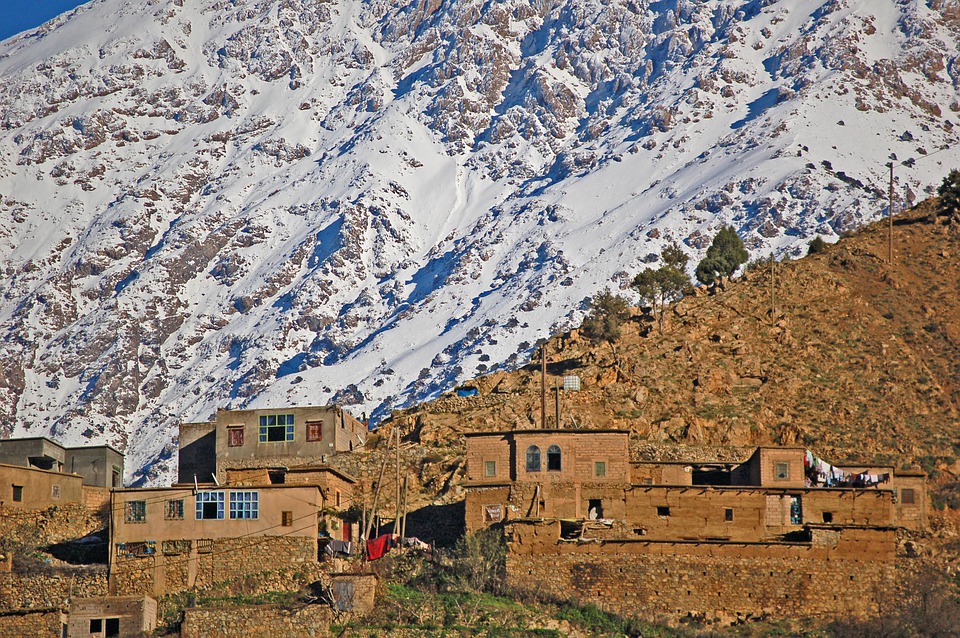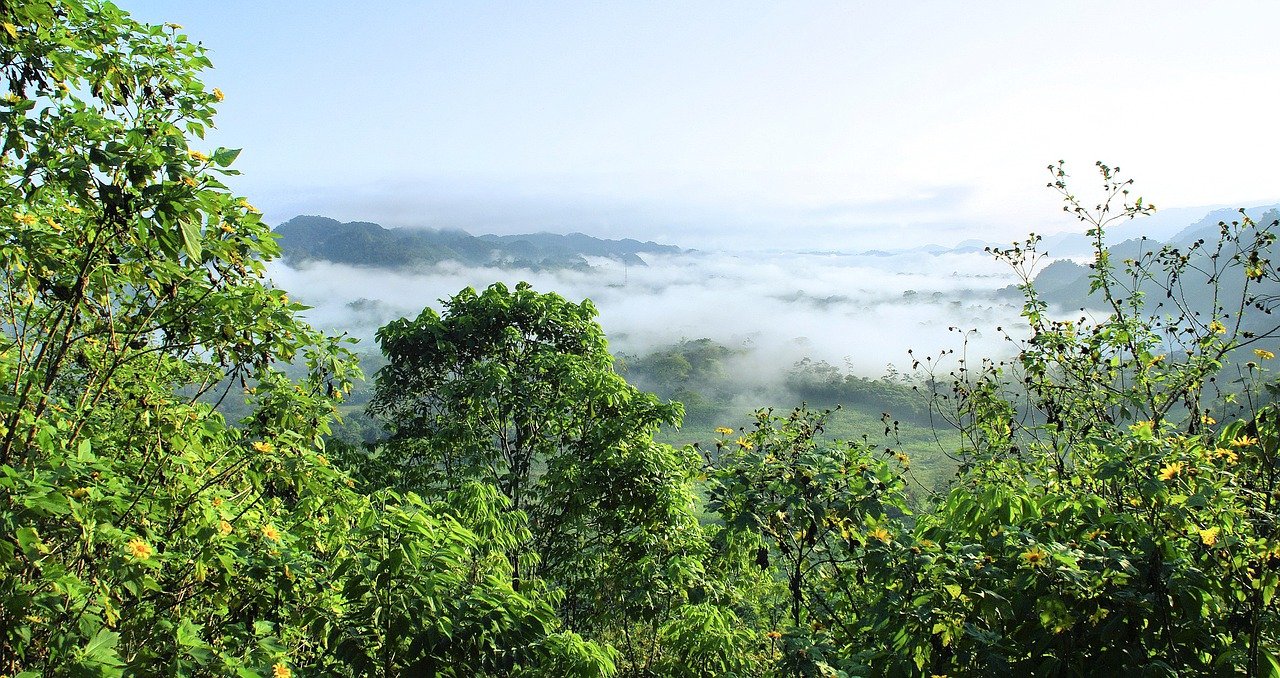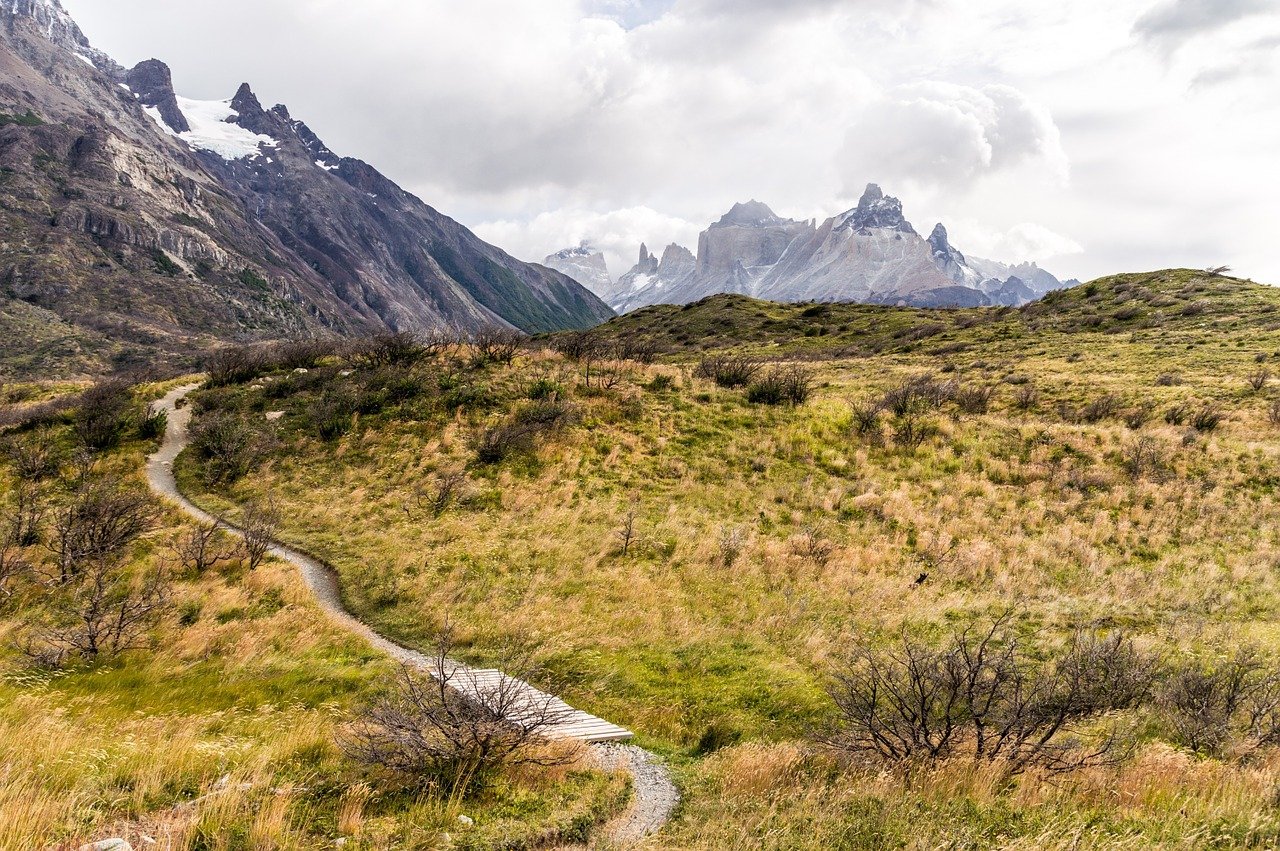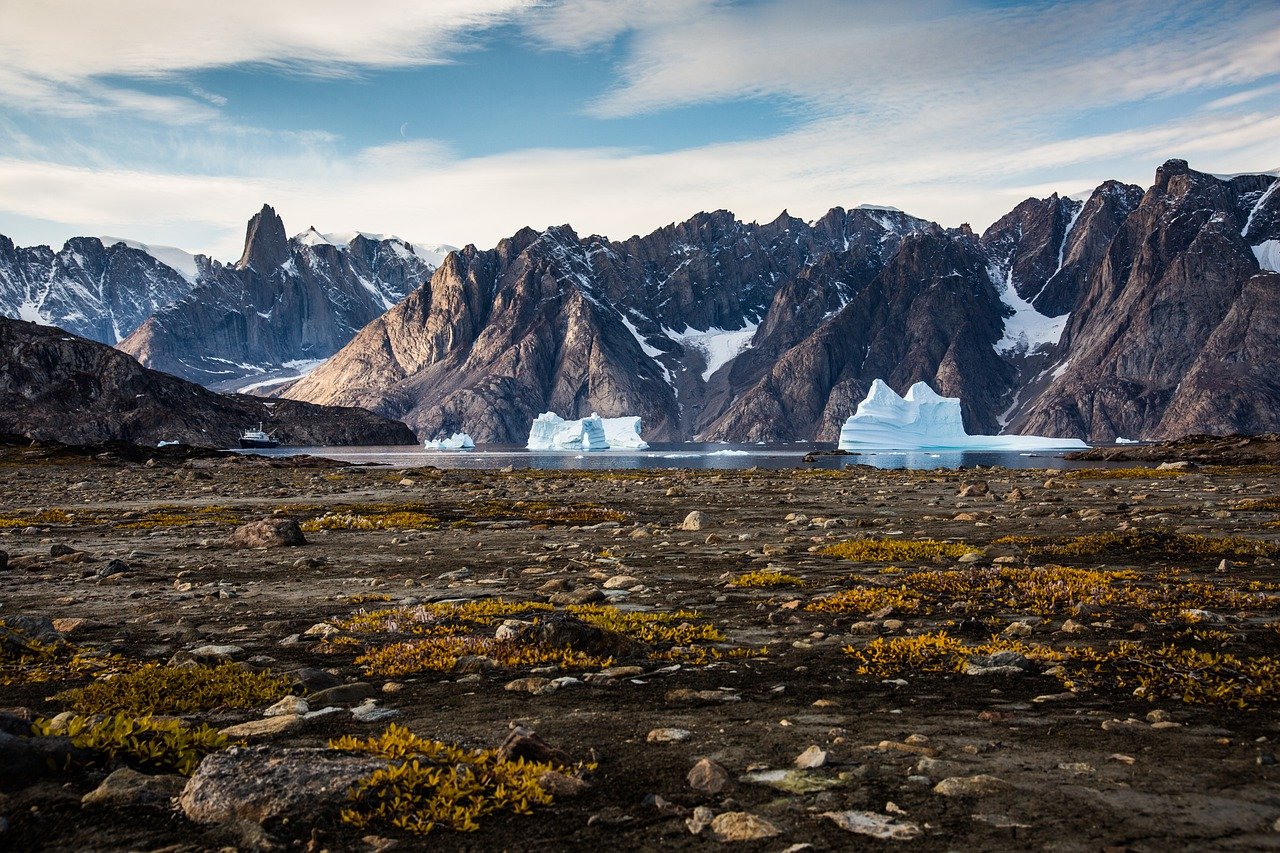News
- Details
- Category: MRI News
In an article published last month in the journal Ecosystem Services, MRI Principal Investigator Prof. Adrienne Grêt-Regamey and her co-author Bettina Weibel investigate the specific contribution of mountain areas to ecosystem services.
- Details
- Category: MRI News
Every year since 2003, the UN declared International Mountain Day (IMD) is observed on 11 December, highlighting the issues and achievements that concern mountains, worldwide. This year, we reflect on the theme of “biodiversity” and the importance of recognising the value of mountains, for instance in hosting about half of the world's biodiversity hotspots. We also recall the crucial contributions that the mountain research community can make to safeguard mountain biodiversity as a global common good.
- Details
- Category: New Publication
Research published in the journal Hydrology and Earth System Sciences highlights the importance of liquid water percolation for modelling snowpack evolution in Mediterranean mountain regions.
In many Mediterranean mountain regions, seasonal snowpack is an essential yet poorly understood water resource. To help tackle this knowledge gap and support improved water resource evaluation and management, researchers have, for the first time, examined the spatial distribution and evolution of snow water equivalent (SWE) during three snow seasons (from 2013 to 2016) in the coastal mountains of Lebanon. The results were published in the journal Hydrology and Earth System Sciences earlier this year.
- Details
- Category: MRI News
The 18th Swiss Geosciences Meeting (SGM) took place virtually earlier this month, offering a series of scientific symposia on the diverse spectrum of current research in geosciences, encompassing the lithosphere, the hydrosphere, the cryosphere, the biosphere, the atmosphere, and the anthroposphere. Among the sessions on offer was the cross-cutting theme for the session titled 'Mountains as Contexts of Global Change', co-convened by the MRI, the Interdisciplinary Center for Mountain Research (CIRM), and the SCNAT Forum Landscapes, Alps and Parks (FoLAP).
Mountain regions offer concrete contexts through which challenges and opportunities of global change are experienced, perceived, and enacted. Combining multiple and diverse knowledge streams across the natural and social sciences, accounting for the complexity of social-ecological interactions, are increasingly called for in mountain research. So, how are we tracking along this imperative, and what exemplars of this type of integrative research are currently being undertaken by Swiss-based and other geoscientists working in mountains, worldwide?
- Details
- Category: Global News
The Intergovernmental Panel on Climate Change (IPCC) will open the Second-Order Draft of the Working Group II contribution to the Sixth Assessment Report (AR6) government and expert review next week, which includes a dedicated Cross-Chapter Paper on Mountains. The review runs from 4 December to midnight Central European Time on 29 January 2021. Registration for experts opened on 27 November and will be possible until midnight CET on 22 January. Registration details are here.
- Details
- Category: Global News
The UNESCO’s Man and the Biosphere (MAB) Programme has decided to relaunch the World Network of Mountain Biosphere Reserves to involve all actors working in mountain biosphere reserves, including a collaboration with the MRI to support the needs of this network in the short-medium to long-term. Parties interested in participating in this network are invited to complete a short survey to support the effective development of the network's structure.
UNESCO’s Man and the Biosphere (MAB) Programme is an intergovernmental scientific programme that aims to establish a scientific basis for enhancing the relationship between people and their environments. It combines the natural and social sciences with a view to improving human livelihoods and safeguarding natural and managed ecosystems, thus promoting innovative approaches to economic development that are socially and culturally appropriate and environmentally sustainable.
- Details
- Category: MRI News
In an article published this month in the journal Mountain Research and Development (MRD), we outline future directions aimed at supporting and further developing the Mountain Research Initiative (MRI) network – building on the considerable social and intellectual wealth fostered for our changing mountains since the MRI’s beginnings over 20 years ago.
Since our origins in the 1990s, and with the founding of our Coordination Office in 2001, the MRI has striven to achieve a vision in which research to identify and understand drivers and processes of global change in mountains is promoted and linked across disciplines and mountain regions worldwide. Through the MRI Coordination Office’s convening role, over the course of our history we – as a network – have initiated numerous fruitful research collaborations, collectively generating and synthesizing knowledge on global change in mountains that also supports decisions and actions to enable sustainable development.
- Details
- Category: New Publication
A new paper exploring the impacts of vanishing mountain ice on water security projects significant long-term effects over decades, centuries, and even millennia, making serious impacts inevitable now and irreversible for generations to come.
The paper – co-authored by former MRI Co-PI, Professor Wilfred Haeberli, and Professor Rolf Weingartner, previously MRI Chair until his retirement in 2019 – also stresses that sustainable adaptation to the impacts of vanishing mountain ice requires comprehensive systems analyses, including dynamic socio-economic aspects.




